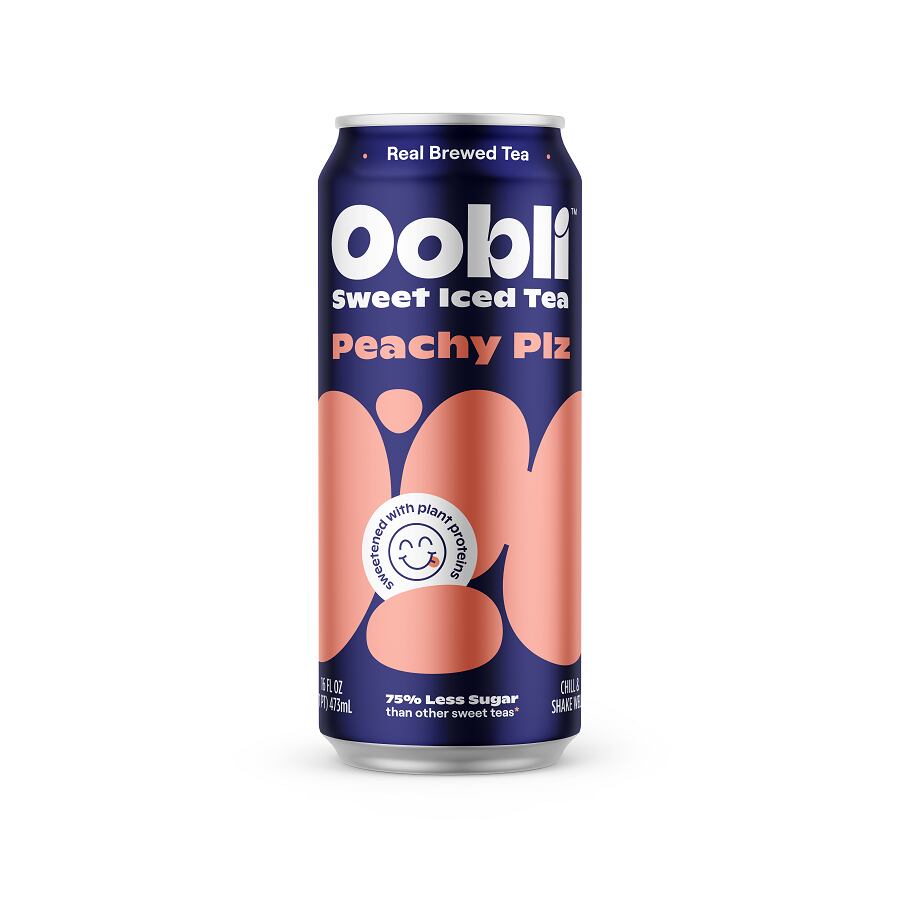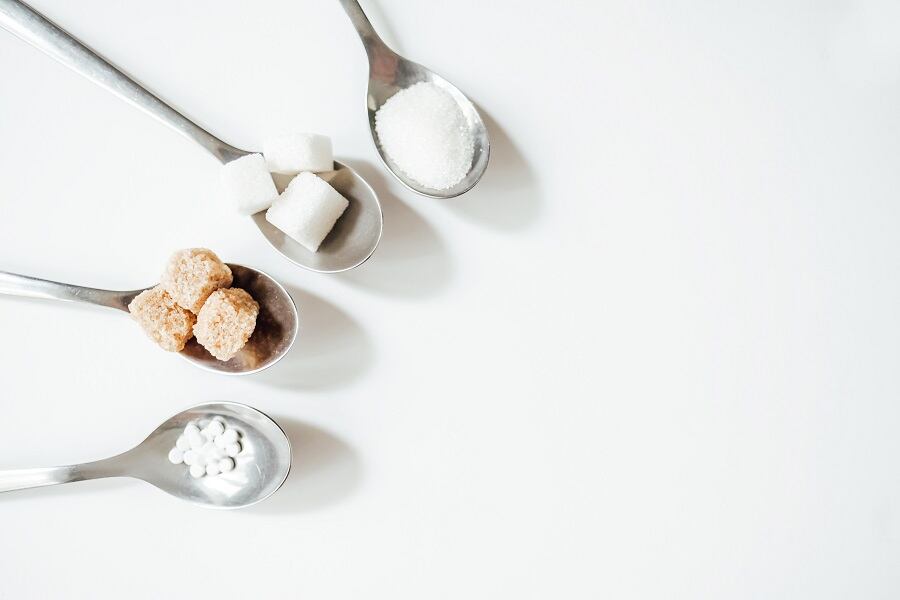“We make sweet proteins, which are proteins that taste sweet like sugar, and sourced mostly from plants and berries around the Equator. But unlike sugar and alternative sweeteners, sweet proteins do not spike blood pressure or affect microbiome issues—and that’s related to that fact that they are proteins,” Jason Ryder, co-founder, Oobli, explained to FoodNavigator-USA.
Reducing sugar continues to be one of consumers’ primary health concerns when it comes to their diet. More than half (63%) of Americans are exceeding the recommended limit for added sugars, according to a recent review from the Dietary Guidelines Advisory Committee.
While sugar certainly plays a role in enhancing taste, its adverse effects on diet-related illnesses continue to shape both CPG manufacturers’ and consumers’ preferences towards sweeteners and sugar alternatives.
Oobli’s sweet proteins are developed via precision fermentation, allowing for a cost-effective and scalable solution that “gives us a route to produce it anywhere on the planet, not just in the tropical regions where these plants and their berries grow,” Ali Wing, CEO, Oobli explained.
Oobli's sweet solution
Of Oobli’s teas, which come in mango yuzu, lemon and peach flavors, Wing explained, the sweet proteins “give that sweetness right back,” with six or seven grams of sugar, mostly attributed to the fruit and one to one and a half grams of agave. This combination is intentional, Wing said, given that sweet proteins work differently on the taste buds.
In contrast to sugar and sugar alternatives which can trigger insulin, spike blood sugar levels and adversely impact the gut microbiome, sweet proteins are processed like protein, eventually transformed into amino acids and peptides that “never reach your gut microbiome” and essentially have no route to create tolerability issues, Ryder said.
“Sweet proteins, while they give you sweetness, they break down very readily because they’re proteins and our bodies are good at breaking down proteins when we need it. It’s responsible for almost everything our cells do—50% of the dry weight of our cells is protein. That’s a great path for us, to enjoy sweetness from proteins and then break them down without worrying about secondary effects of what they’re doing in the body to spike blood sugar, trigger insulin response or interfere in your gut microbiome,” Ryder elaborated.
‘Potential to rethink sweetness in our modern food supply’
While research on sweet proteins is nothing new, its availability was only based on its rare fruit sources, as well as advances in biotechnology to scale them. As precision fermentation allows for Oobli to produce sweet proteins, the company intends to develop more food and beverage products using them.
“We believe that this has a potential to rethink sweetness in our modern food supply. We would never be so bold to say that we will make every food that is in our food supply. We very much think that this will be a rehabilitation tool for a lot of existing products.”
Wing added that consumers’ positive perception of proteins will be a benefit in educating the public on sweet protein benefits.
“Most people think very positively about protein, but they just think it means they are going to build muscle, and now know that it can also be for their sweet tooth.”
“The quest for figuring out a way to satisfy our sweet tooth that doesn’t hurt our body ... is not new. It’s not a novel disruptive idea. It’s been going on for decades. What we haven’t had is some of the tools from biotechnology, like precision fermentation ... to solve it and we see sweet proteins as that link to…a very established industry,” she added.
Oobli’s focus is on the younger consumer whose habits are still evolving are “already actively looking for new and novel, who have already said they think proteins are good, and who are trying to find cleaner ingredients.” These consumers are also looking for environmentally-responsible products and processes, which Wing added, resonates with Oobli’s precision fermentation positioning.
With beverages containing most of the added sugar content, the tea category made the most sense to Oobli’s product development strategy and target consumer.
“What we’re tackling and what we’re working on with sweet proteins is with an eye to a global problem with sugar and sugar alternatives. When you look at that through the world of food categories, teas for young people are one of the hottest energy drinks going on across the world," she said.
“We don’t feel strongly that zero sugar is the standard. We actually think there’s a lot of very low sugar products that are good for you. What we’d like to do is find the right balance of giving you a pathway for the things that you love, and that’s just a better balance for your body.”


